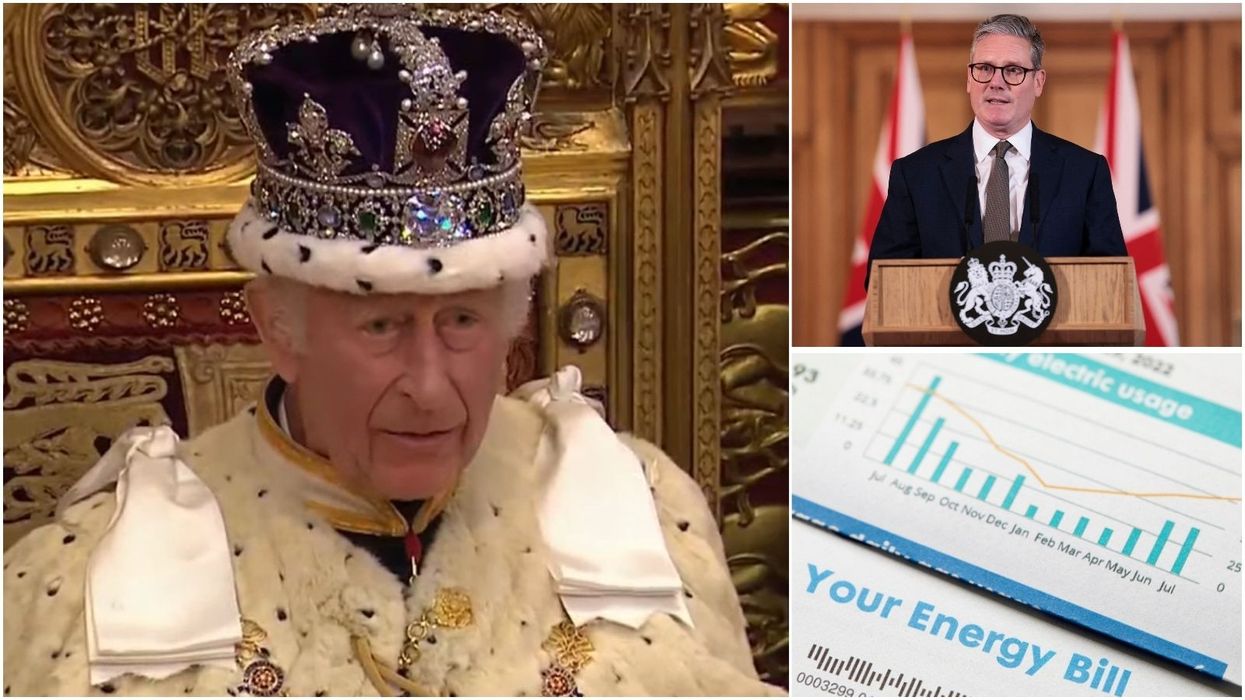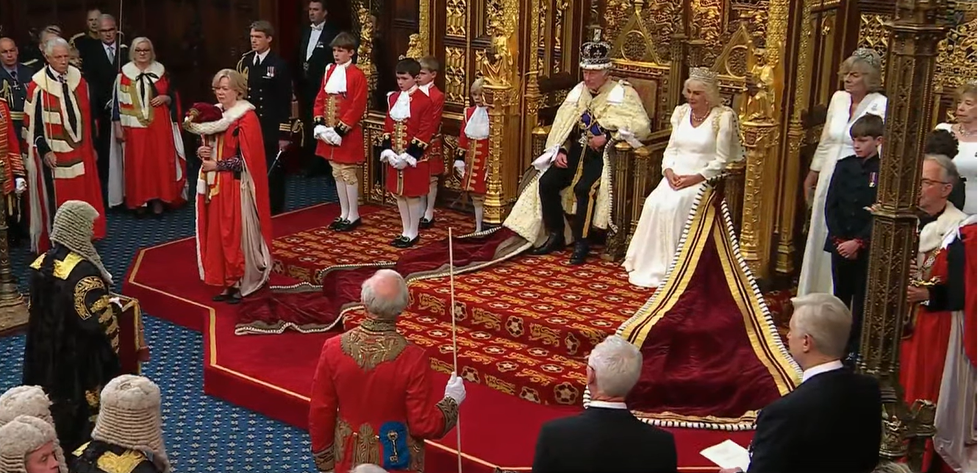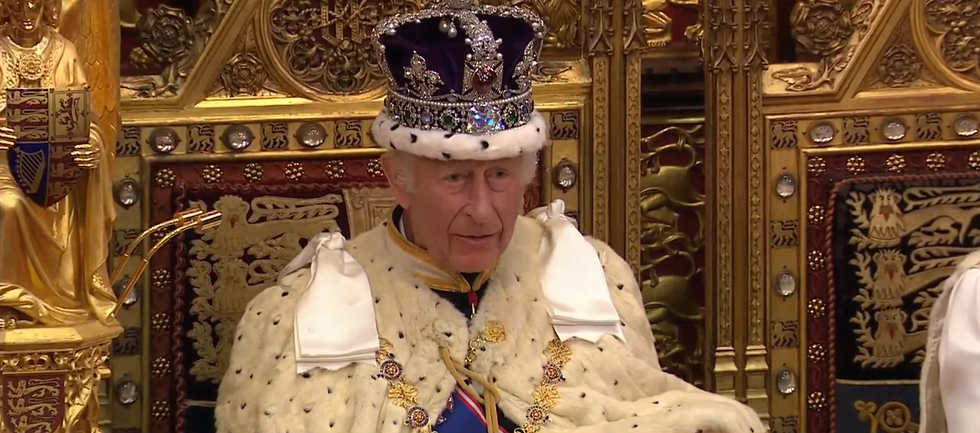Great British Energy plans unveiled - what does it mean for your money?

Great British Energy has officially been established after mention in the Kings Speech today
|GETTY/PA

Labour hopes to create 100 per cent renewable electricity by 2030 with GB Energy
Don't Miss
Most Read
Latest
Great British Energy has officially been established after mention in the Kings Speech today.
The Great British Energy Bill will ensure Britons reap the benefits of "clean, secure, home-grown energy and lower bills for families".
Following Labour's landslide victory at the General Election, GB Energy has been cleared to launch and accelerate investment in renewable energy such as offshore wind.
With more investment in renewable energy, Labour has pledged to cut energy bills by £300 per household from 2030 and create 650,000 new jobs.
The Bill establishes GB Energy as a new, publicly-owned energy production company which will own, manage and operate clean power projects in the UK - with headquarters in Scotland.
The company is to be backed by £8.3billion over the course of this parliament.

The King’s Speech sets out the direction of the new UK Government for the next parliamentary year
|GB News
Prime Minister, Keir Starmer believes this local power generation will achieve energy independence, create new jobs, save money for households and tackle climate change.
How will GB Energy cut energy bills?
During their campaign, Labour announced each household could save £300 a year by 2030 with GB Energy.
By investing in renewable energy, providers will not need to purchase fuel to burn to create power, unlike gas, for example, which currently makes up about a third of electricity needs.
With less focus on gas to provide electricity, Labour hopes that energy bills will fall.
More domestic renewable power means energy prices should drop by £300 a year, Labour campaign coordinator Pat McFadden told the BBC.
Clean energy developers will be rewarded with a British Jobs Bonus.
Labour explained they would be allocated up to £500 million per year from 2026, to incentivise firms who offer good jobs, terms and conditions and build their manufacturing supply chains in our industrial heartlands, coastal areas, and energy communities.
Great British Energy will partner with industry and trade unions to:
- deliver clean power by co-investing in leading technologies
- to help support capital-intensive projects
- to deploy local energy production to benefit communities across the country.
To support this, Labour will capitalise Great British Energy with £8.3 billion, over the next parliament. The Bill gives the Secretary of State the ability to provide Great British Energy with the financial backing needed for it to meet its aims and ambitions.
Decarbonising the power system will increase energy security by reducing the UK’s dependence on imported oil and gas, which will in turn reduce the exposure of consumer bills to volatile international prices.
Currently the cost of electricity tracks the cost of gas because gas generation sets the marginal wholesale price. Decarbonising the power system would break this link and in turn the exposure of UK electricity prices to global gas prices.
From January 2022 to January 2023, the Ofgem energy price cap more than tripled (from £1,277 to £4,279) as a result of the spike in gas prices following Russia’s invasion of Ukraine, with bills in summer 2024 still over £400 higher than before the crisis in 2021.
This required government intervention in the form of the Energy Price Guarantee, at significant cost to the taxpayer, to limit the substantial impact of this price increase on consumer bills.

The speech is delivered by King Charles but written by the government
|GB News
The King’s Speech set out the direction of the new UK Government for the next parliamentary year. The speech is delivered by King Charles but written by the government.
Simon Francis, coordinator of the End Fuel Poverty Coalition, previously said: "Lowering bills permanently will take time, but short term steps can be taken to help struggling and disillusioned households.
"The new Government must earn the public's trust by protecting vulnerable households, reducing energy debt, driving more onshore wind, bringing in changes to energy meters, ramping up insulation programmes, reforming standing charges and ending energy industry profiteering."










